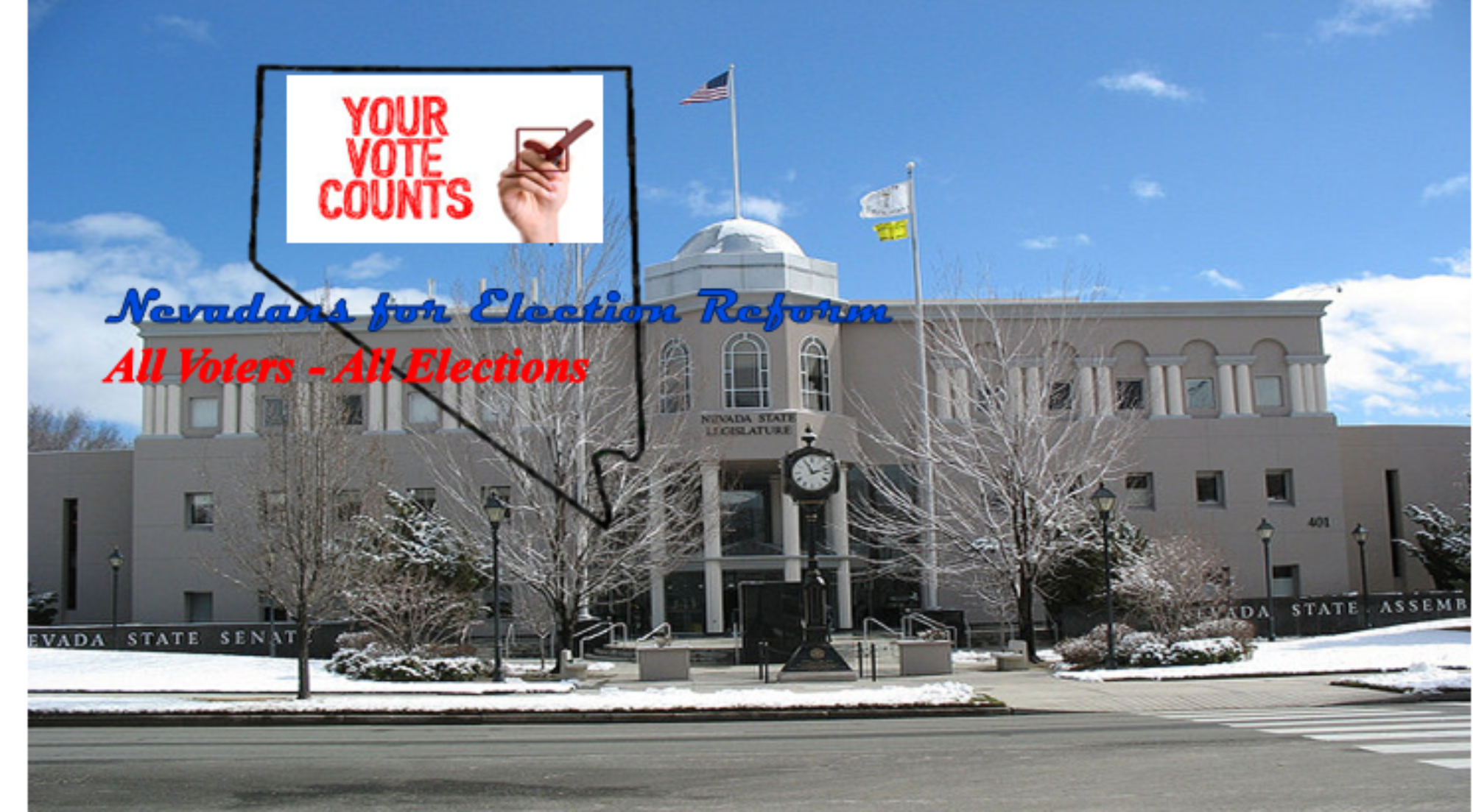What if:
- Voters repealed NRS241.016 2(a) the legislature’s exemption from open meeting law.
- Legislature chamber rules could not be suspended.
- The Legislative Counsel Bureau (LCB) was required to evaluate each bill draft request (BDR) for duplication then required to notify the legislators involved to reconcile their bills. One bill per topic. A legislator could co-sponsor. Sponsors of duplicate bills would have to provide a reason in writing to the governor justifying duplication.
- Single subject rule applied to legislation. No omnibus bills.
- Legislation must actually solve a problem, have a formal problem statement / root cause analysis, and a statement of how the legislation solves the root cause.
- All meetings started on time and floor sessions were moved to 6:00 PM (last item of the day) as the public does not have input.
- Bills to conduct a study had to include a statement clearly describing what the potential problem being investigated is and why the study is necessary.
- Bills honoring people, naming a building, naming a state animal, plant, etc could not be heard until action on all other bills is completed.
- All bills had to be submitted per statute timeline and emergency bills had to be approved by both the majority and minority leaders of both chambers.
- Every bill had to include how the bill would be implemented, how and who was responsible for implementation, and a specific date by which implementation must be complete.
- Bills had to be written with enough specifics so legislative intent was clear and not open to different judicial interpretations.
- The governor made meeting these standards a criteria for signing or vetoing bills.
The 120-day legislative session is actually 89 days when legislators are in the building. There must be a real discussion about either lengthening the session or going to annual sessions.
The public must demand that legislators collaborate on problems facing the state. They must make this apparent with their votes.
What if?
